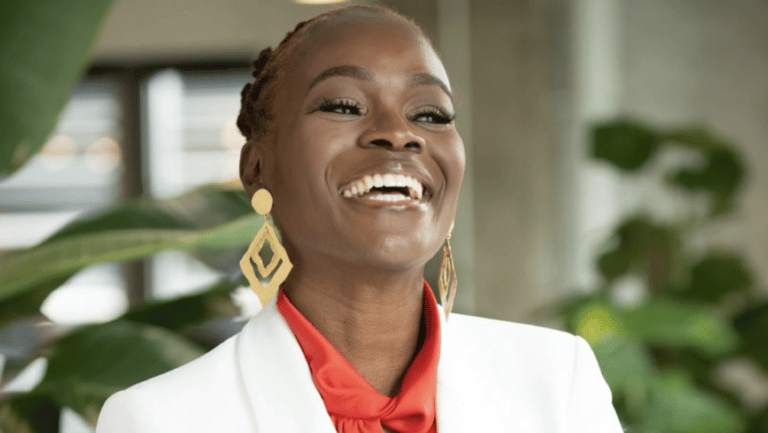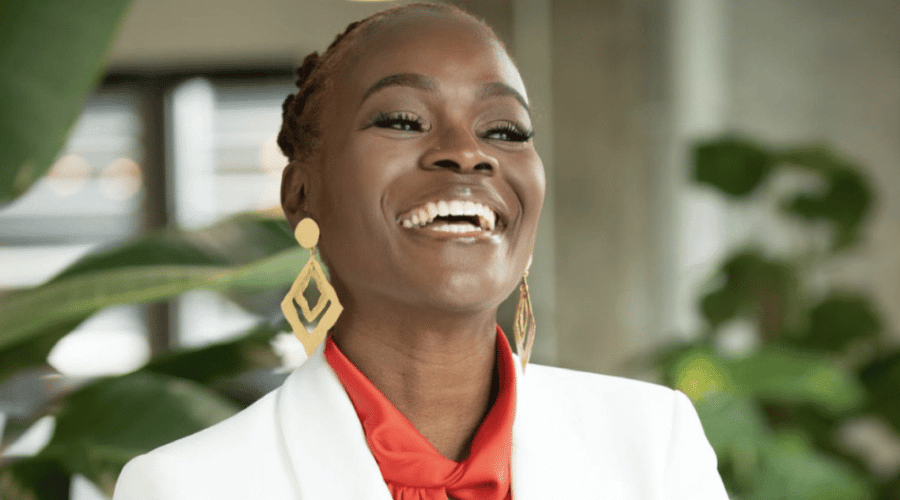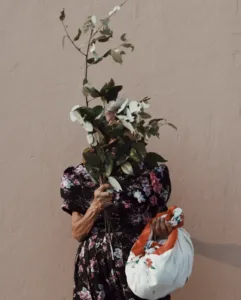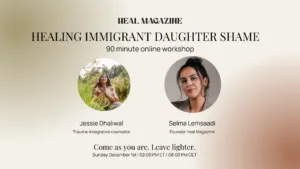The news can be a lot, especially these days between the war in Ukraine, the refugee crisis, and the all-too-frequent stories of senseless racial violence. For people of color who already have their own unique stressors to deal with this — from daily microaggressions to the wider-reaching effects of systemic racism — it can be triggering to even open Instagram. That’s why it’s important to find ways to stay informed while safeguarding your mental wellbeing.
Here to help is Dr. Alfiee, a trailblazing psychologist, scientist, author, and media contributor specialized in the mental health and wellness of BIPOC (Black, Indigenous, People of Color) communities. She’s worked with everyone from Lady Gaga, Charlamagne tha God to Jada Pinkett Smith, and we were thrilled to speak with her for the premiere issue of Heal Magazine. Below, she shares her top tips for what people of color can do to protect their mental health in today’s media climate.
1. Curate your news
“It’s important to be informed, but it’s also important to not allow the quest for information to traumatize you. Sometimes we hide behind the idea that “I need to be informed.” But the way that you consume news is as important — if not more important — than consuming news overall. So be picky with the media outlets that you follow. That’s number one.”
2. Limit yourself to 30 minutes a day
“Be careful with how much time you spend consuming news. If you really must consume the news, pick one broadcast, watch or read for 30 minutes once a day, and then move on.”
3. Read, don’t watch
“The visual images, because we are bombarded with them, can be triggering. So that’s why I say read the news. Rather than sitting in front of a television or streaming device and being fed what someone wants to show you, find a website and decide which articles you want to click on. When you choose to read, you choose what you need to know.”
For more with Dr. Alfiee, check out the first issue of Heal Magazine. In it, she shares her journey to becoming an advocate for BIPOC communities and her current mission to decolonize mental health care.










